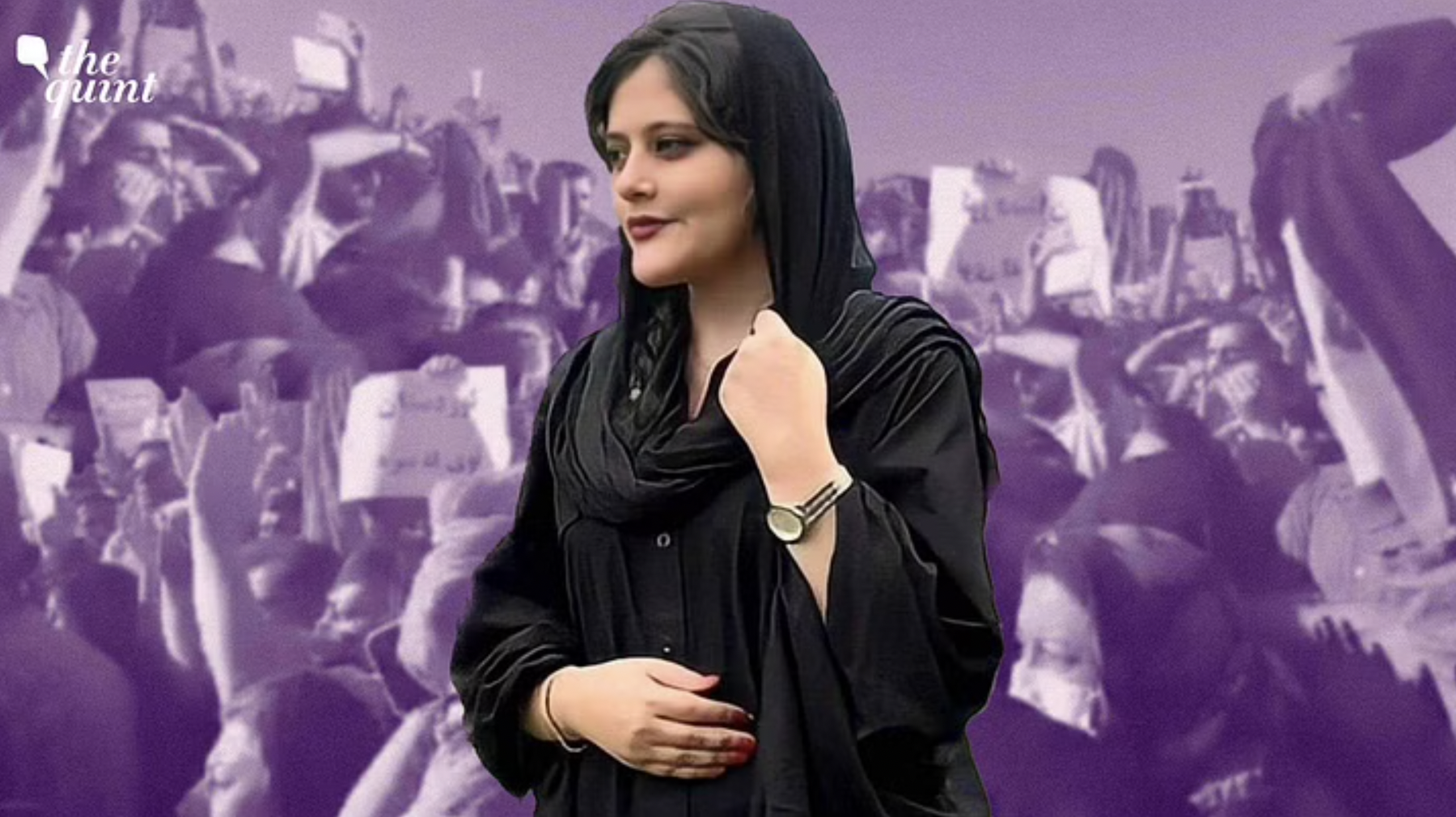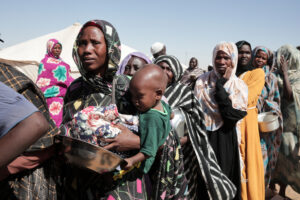Perspective | The Everyday Oppression of Iran’s Hijab Rule
Iran’s compulsory hijab rule has always been about so much more than appearances and religious loyalty. It’s about allowing women the ability to experience so many of the joys in life that other women around the world take for granted – playing a sport comfortably outside on a warm day, feeling the wind in your hair, expressing yourself through your favorite outfit, taking off a layer when the weather finally thaws in early Spring, lying on the beach and feeling the sun bake into your skin. The women in Iran born after the 1979 revolution have never been able to experience those things in their entire lives, at least not while in their home countries. It’s the form of oppression that is experienced every day, multiple times a day, and that eats away at one’s humanity. It’s what women in Iran are now willing to risk their lives fighting against.

Image Credit: Sourav Dihingia/The Quint
From when I was a baby to around my early teen years my grandparents from Iran would visit my family in New Jersey about once a year if we were lucky. As I (and they) got older the visits would become less frequent and eventually stop, but I still hold fond memories from each one. I remember sitting at our dining room table teaching my grandfather common English phrases as he scribbled them down in his small leather notebook. I remember throwing a tantrum in the middle of our tiny second-floor hallway and my grandmother coming to sit next to me on the floor and calm me down. But my most vivid memory was from a warm, sunny summer day, the type where the first line in every conversation is, “It’s such a beautiful day today!” I was riding my bike around the park down the street and when I came back home I noticed my grandmother sitting on our front lawn in one of those foldable beach chairs with her eyes closed and head tilted towards the sun. She was wearing a short-sleeved shirt and long pants, and her wild hair – which she passed down to me – was uncovered and gently rustling in the breeze. I remember seeing this exact scene multiple times throughout each of my grandparents’ visits, but it never dawned on me its significance until my later years.
My grandmother never wore her hijab when she came to the US, and as I grew older I became more aware of the strict laws that govern her home country. And now, as protests currently erupt across Iran over the compulsory hijab rule and strict theocratic regime, I can’t help but imagine how free she must have felt all those times when she brought that beach chair onto my front lawn, sat with her head tilted upwards, and soaked up the sun. Something that seemed so innocuous, so banal, yet not to her.
Iran’s compulsory hijab rule has always been about so much more than appearances and religious loyalty. It’s about denying women the ability to experience so many of the joys in life that other women around the world take for granted – playing a sport comfortably outside on a warm day, feeling the wind in your hair, expressing yourself through your favorite outfit, taking off a layer when the weather finally thaws in early Spring, lying on the beach and feeling the sun bake into your skin. The women in Iran born after the 1979 revolution have never been able to experience those things in their entire lives, at least not while in their home country. It’s the form of oppression that is experienced every day, multiple times a day, and that eats away at one’s humanity. It’s what women in Iran are now willing to risk their lives fighting against.
Right now many individuals and publications are calling for support to the Iranian protesters. Social media is awash with images and videos of the protesters and retaliatory forces clashing in the streets. Women have been filming themselves chopping off their hair in defiance. The protesters are braver than I’ve ever had to be in my life, and I stand by them in their efforts to push for a greater, more equitable Iran. But myself and other common individuals alone aren’t enough. Iranian American journalist Hoda Katebi wrote an insightful op-ed for the Los Angeles Times about why the US should ease sanctions on Iran, and President Joe Biden can do much more to publicly support the efforts as he’s done for the Ukrainian people recently. The people of Iran need aid, public support, and a liberal democratic country to be a champion for their fight toward a more prosperous future. In the meantime, Iran will continue to see protests and outrage until the country comes to a tipping point, and that point seems closer now than ever before.
Roya Lotfi (she/her) formerly held the role of Editor-in-Chief at JPI Online Magazine. Her academic journey led her to a Master’s degree in International Relations from New York University, complementing her earlier BS in Biology from Montclair State University. Despite her scientific background, Roya’s unwavering passion for domestic and international politics guided her toward the vibrant world of IR. Prior to commencing her studies at NYU, she honed her skills in video production while working at Bright Trip Inc. and even contributed her talents to NBCUniversal. Looking ahead, her ultimate career aspiration is to create captivating video content focusing on current events and international relations within a media journalism organization. During her leisure hours, Roya enjoys indulging in reading and leisurely strolls around Central Park.




